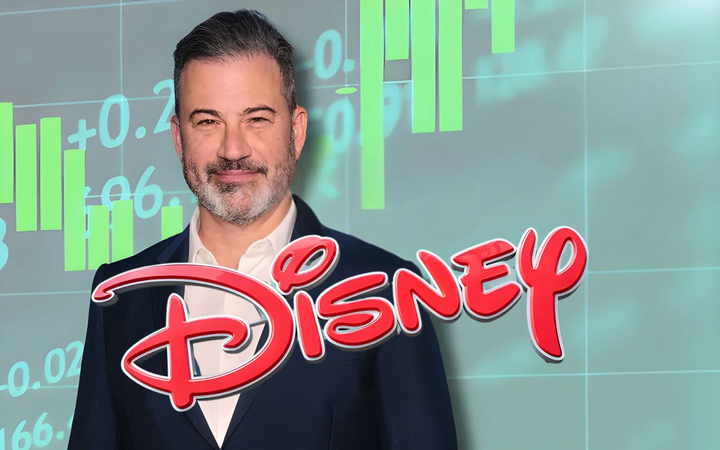Following ABC’s decision to suspend the broadcast of “Jimmy Kimmel Live!” on September 17, social media began to be abuzz with rumors that Disney had lost $4 billion in market value overnight.
Specifically, on the Reddit forum, a post claiming that “Disney lost nearly $3.87 billion in market capitalization overnight” attracted tens of thousands of interactions.
This number quickly spread, leading many to believe that the company had suffered a serious financial shock because of a TV show.
However, according to the fact-checking site Snopes, the information “lost $4 billion overnight” is incorrect.
Market data shows that from the close of September 17 to the opening of the morning of September 18, Disney’s stock price only decreased from $116.10 to $115.33, equivalent to 0.66%. With 1.799 billion shares outstanding, this only resulted in a loss of $1.4 billion in market capitalization.
Snopes asserts that Disney did not lose $4 billion overnight. However, the stock continued to fall in the following days. By September 19, the price was $113.76, the market capitalization lost $4.2 billion; on September 22, it fell again to $112.56, a total loss of $6.4 billion.
The reason is believed to be the strong public reaction to the decision to stop broadcasting the program. Many people canceled the Disney+ service to express their dissatisfaction. Some artists, such as actor Mark Ruffalo, also criticized Disney, warning that the company could suffer greater consequences if it permanently cut the broadcast.
However, analysts remain optimistic about Disney’s long-term prospects. According to Yahoo! Finance and CNN, this is only a short-term reaction, not a reflection of the weakening of the business.
ABC confirmed that it will re-broadcast “Jimmy Kimmel Live!” from September 23, a move seen as aimed at reassuring public opinion and regaining investor confidence.








